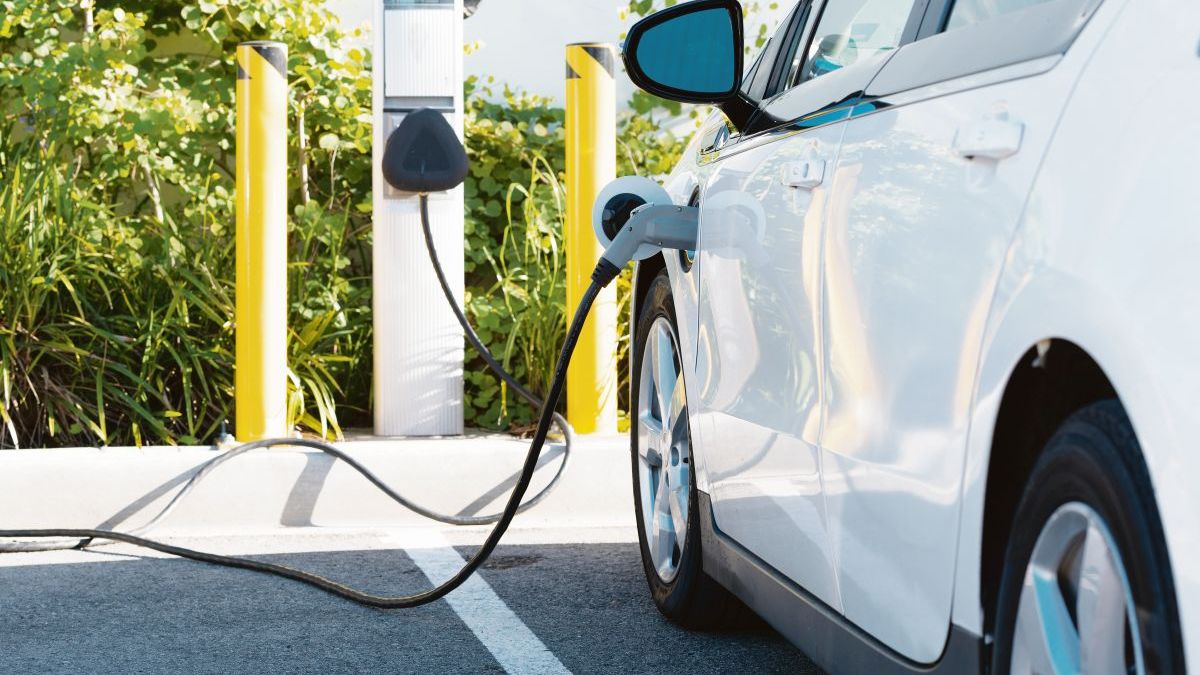After the success of the company Tesla, based on the manufacture of electric vehicles, most of the large groups in the sector plan to invest tens of billions of dollars in the coming years in this transformation.
Stellantis (PSA-Fiat-Chrysler) wants all the vehicles it sells in Europe to be electric by 2030; Toyota plans to launch 30 models in this segment by the same date and General Motors aims to stop producing cars with combustion engines by 2035.
The authorities encourage manufacturers in that direction.
California, the most populous state in the United States, on Thursday banned the sale of new traditional cars starting in 2035.
The European Union has also moved to ban the sale of gasoline or diesel cars, and even hybrids, by 2035, while China wants at least half of all new cars to be electric, plug-in hybrid or hydrogen by then. .
Until recently it was said that the challenges for the adoption of electric vehicles would be the acceptance by motorists and the price, the expert observes. But fueled by consumers increasingly sensitive to the impacts of climate change, the demand is there.
In the United States, for example, General Motors says it has more than 150,000 advance orders for the electric version of its Silverado truck, which will only be available in 2023. And accessing a Tesla, the leading brand in the sector, requires several months of waiting.
“The biggest question right now seems to be whether you can get the materials you need” to make these vehicles, Caldwell says. Karl Brauer, analyst at the specialized website iseecars.com. “Right now, we have a shortage of palladium, nickel and lithium. Everything that is needed to build an electric car is harder to come by than it was six or 12 months ago,” he explained.
Manufacturers are trying to limit that shortage by building their own battery factories, creating joint ventures with specialized manufacturers, or teaming up with miners.
The German groups Volkswagen and Mercedes-Benz signed agreements with the Canadian government on Monday to ensure the supply of rare metals.
But the market is still global, Brauer reminds: as long as the offer is limited, “there will always be someone who pays a little more”. Other aspects of the transition to electric, such as the conversion of production lines, are easier to solve “because they are controllable,” he said.
Source: Ambito
David William is a talented author who has made a name for himself in the world of writing. He is a professional author who writes on a wide range of topics, from general interest to opinion news. David is currently working as a writer at 24 hours worlds where he brings his unique perspective and in-depth research to his articles, making them both informative and engaging.




